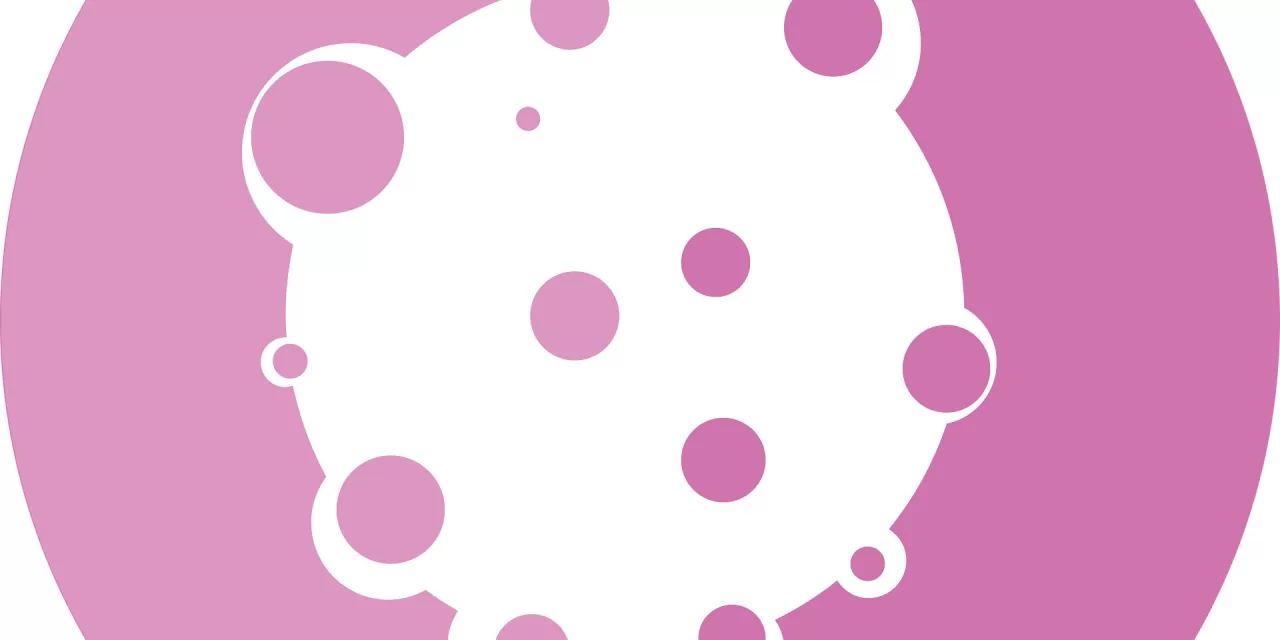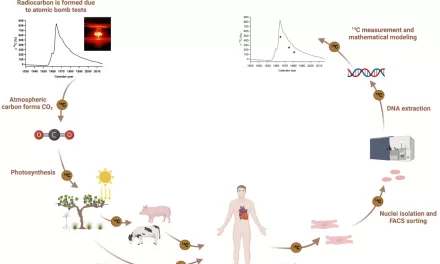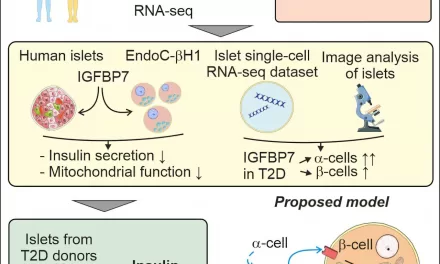India faces rising cancer threats, with experts emphasizing tobacco and lifestyle changes
In a recent seminar held as part of the ‘Jagega Bharat Toh Bachega Bharat’ campaign, leading oncologists and health experts gathered to discuss the growing concern over cancer in India, attributing a significant percentage of cases to preventable causes. According to doctors, nearly 40% of cancer cases in India are linked to tobacco consumption, which remains the most preventable risk factor for the disease.
Oncologist Dr. Anil D’Cruz, along with other experts, urged the Indian population to embrace healthier lifestyles, including avoiding tobacco and alcohol. The seminar highlighted how such lifestyle choices can drastically reduce cancer risks and improve overall health outcomes. Dr. D’Cruz also stressed the need for governmental intervention in tobacco control to mitigate the public health crisis.
Dr. Subhash Palekar, an advocate of natural living, criticized the growing presence of processed foods in Indian diets. He suggested that a return to traditional foods, such as millets and vegetables, could help reduce the risk of cancer. His remarks echoed concerns that modern dietary habits have contributed to the rising incidence of cancer and other health issues.
Adding to the discussion, Ramon Magsaysay Awardee Dr. Rajendra Singh connected the rising cancer cases to environmental degradation. He highlighted the significant role of clean water and improved environmental conditions in combating the prevalence of cancer and other diseases. Dr. Singh called for urgent efforts to address water quality and environmental factors that contribute to the health crisis in India.
The seminar concluded with a powerful message: individual responsibility in adopting healthy lifestyle practices, including balanced diets and cleaner environments, is key to safeguarding the well-being of future generations.
Disclaimer: The content of this article is based on statements made during the ‘Jagega Bharat Toh Bachega Bharat’ campaign seminar and should not be considered as medical advice. It is recommended that individuals consult with healthcare professionals for personalized health recommendations.












